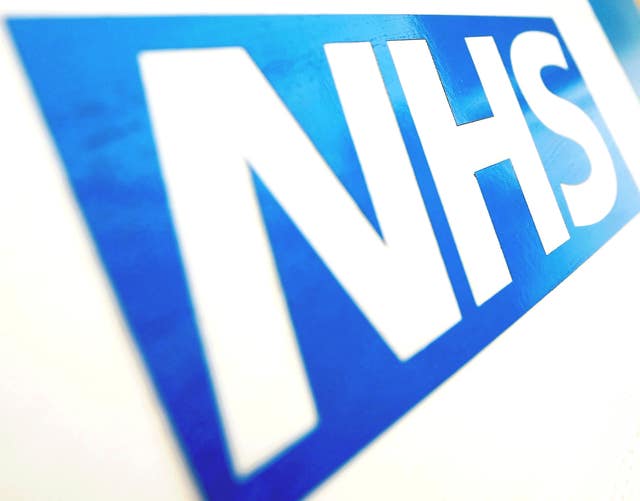The NHS made almost £70 million by charging staff for parking last year, it has been revealed.
Figures released by NHS Digital show that trusts in England raked in £69.5 million in 2017/18 from charges and penalty fines incurred by NHS workers parking across all its sites.
Unite, a union which represents around 100,000 health workers, has slammed the “scandalous” figures, which it said amounted to a “tax on hard-pressed” employees.
Sarah Carpenter, national officer for health at the union, said: “It is a scandal that NHS trusts in England have pocketed nearly £70m from staff car parking charges.
“Such a large figure will take a large chunk out of the gains in the current NHS pay package which saw most staff get a pay rise of 6.5% over the next three years.
“This pernicious trend is replicated by financially squeezed trusts across England, our members are being used as an extra income stream for these trusts.
“We would like a situation where dedicated NHS staff, who don’t earn a fortune, don’t have to pay to park their cars to go to work to look after the sick, the vulnerable and the injured 365 days a year.”

BMA council chair, Dr Chaand Nagpaul, added that it was “unacceptable” for hospitals to plug financial gaps by charging and imposing fines on staff.
The figures also reveal that almost £157 million was raised from charges incurred by patients and visitors in the same financial year.
This brought the total income earned from car parking to more than £226 million.
The figures represent the gross income earned by the NHS and do not take into account its own costs for providing car parking.
The Patients Association has criticised the existence of parking charges for patients, describing them as “a charge on people who are unwell, levied on them because they are unwell”.
However, chief executive Rachel Power said they were a way for hospitals to generate revenue at a time when they are under “immense” financial pressure.
She continued: “The top priority for any new NHS funding should be patient care.
“At a time when patients are receiving undignified and unsafe care on hospital corridors, car parking charges are not the top priority, undesirable though they may be.”
Decisions on how much to charge patients, staff and visitors to NHS sites are made by individual trusts.
However, the Department of Health and Social Care has issued guidance on how NHS organisations can make sure their policies are fair.
These include offering concessions to disabled and gravely ill people and their relatives, as well as to staff whose shift patterns mean they are unable to use public transport.
Hospital parking charges were abolished in Wales earlier this year after the last contract with a private firm expired, a decade after the Welsh Government announced parking would be free.
Parking charges have also largely been abolished in Scotland, but remain in Northern Ireland as well as England.
A spokeswoman for NHS Improvement said income generated was used to pay the costs of providing parking, while excess funds were put into clinical services.
She continued: “As we develop the long-term plan for the NHS, it is right that trusts continue to develop their commercial income opportunities.
“This is so that they can maintain their services and ensure they can provide patients with high quality care, both now and in future.”
